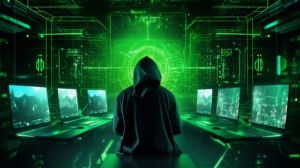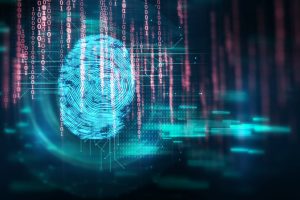That Time Chinese Intelligence Tried to Recruit Me

source: substack.com (contributed by Artemus founder, Bob Wallace | image: pexels.com
How I found myself on the receiving end of a Chinese spy recruitment pitch and stumbled into the strange new frontier of AI-assisted espionage.
If you’ve ever thought your inbox was full of suspiciously good offers—say, a Nigerian prince asking for your bank details—you may be missing out on another opportunity: being recruited by a foreign intelligence agency.
Yes, I’m here to report that I was pitched by what can only be described as a Chinese intelligence operation masquerading as a hedge fund consultancy. After 20 years of writing about foreign intelligence operations, I found myself in the middle of one.
Let me set the stage: it all began innocently enough on May 21, with a direct message on X from “Mary Taylor.” Her firm, the Visionary Advisory Group, was exploring the possibility of conflict between China and Taiwan, and I was just the guy whose opinion they wanted to hear about it.
Now, I’m really not that guy. I have at best a rudimentary understanding of the tensions in the Taiwan Strait. Don’t ask me to explain the “One China” policy or “strategic ambiguity.”
Continue reading “That Time Chinese Intelligence Tried to Recruit Me” →










